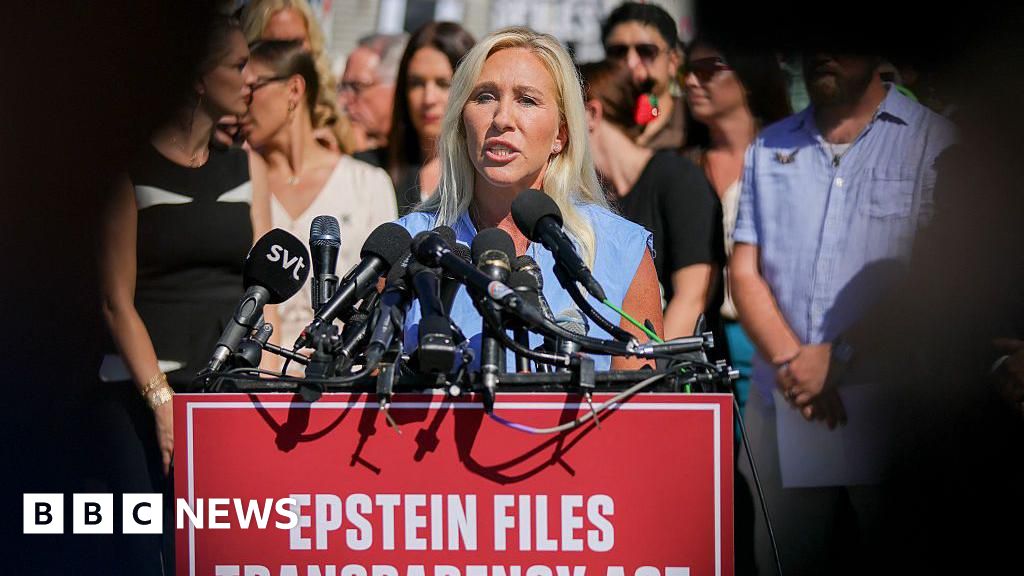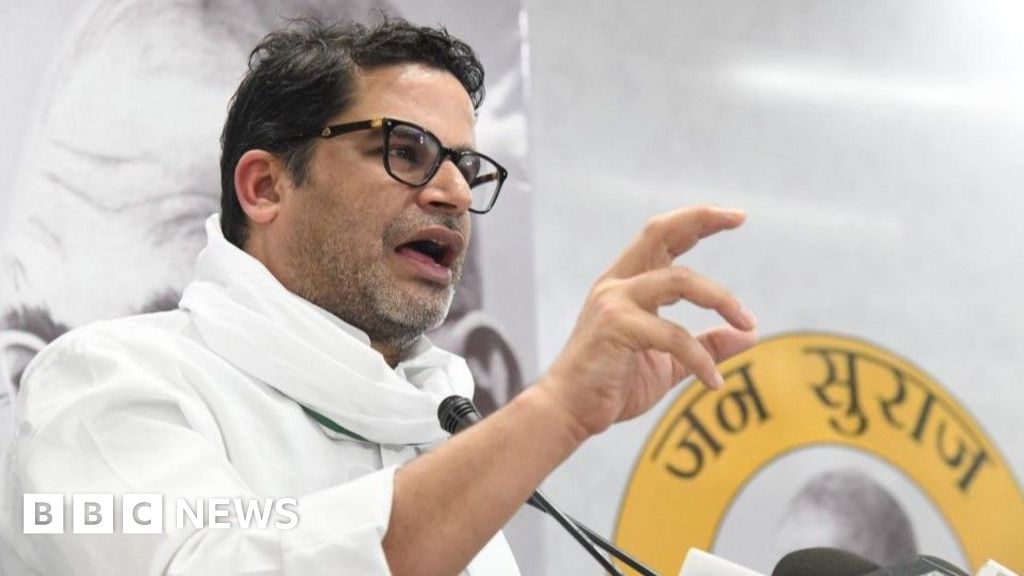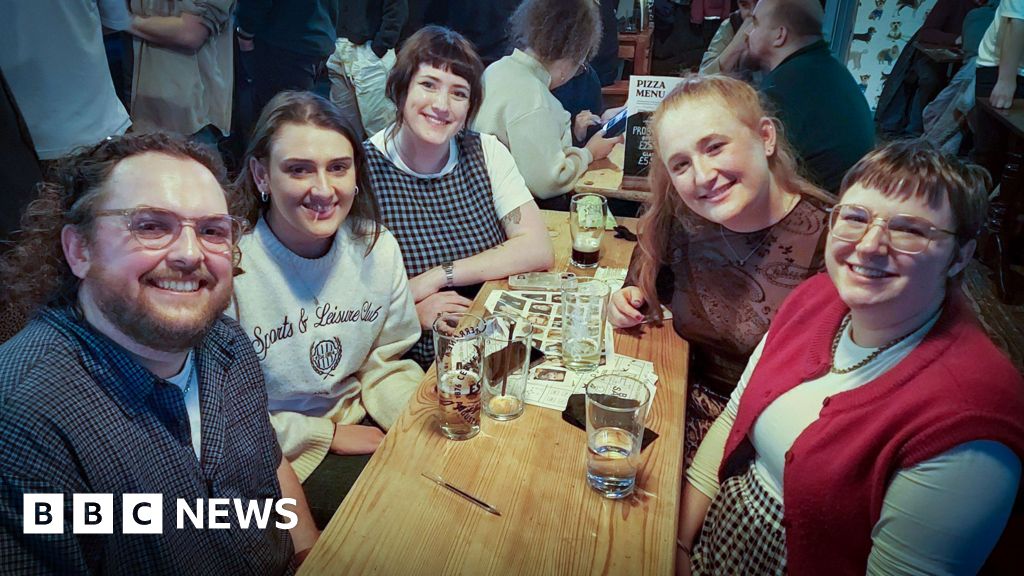Robin Levinson-King and Eloise Alanna

 Submitted photo
Submitted photo
The first thing Lana Ponting remembers about the Allan Memorial Institute, a former psychiatric hospital in Montreal, Canada, is the smell - almost medicinal.
"I didn't like the look of the place. It didn't look like a hospital to me," she told the BBC from her home in Manitoba.
That hospital – once the home of a Scottish shipping magnate – would be her home for a month in April 1958, after a judge ordered the then-16-year-old to undergo treatment for "disobedient" behaviour.
It was there that Ms Ponting became one of thousands of people experimented on as part of the CIA's top-secret research into mind control. Now, she is one of two named plaintiffs in a class-action lawsuit for Canadian victims of the experiments. On Thursday, a judge denied the Royal Victoria Hospital's appeal, paving the way for the lawsuit to proceed.
According to her medical files, which she obtained only recently, Ms Ponting had been running away from home and hanging out with friends her parents disapproved of after a difficult move with her family from Ottawa to Montreal.
"I was an ordinary teenager," she recalled. But the judge sent her to the Allan.
Once there, she became an unwitting participant in covert CIA experiments known as MK-Ultra. The Cold War project tested the effects of psychedelic drugs like LSD, electroshock treatments and brainwashing techniques on human beings without their consent.
Over 100 institutions – hospitals, prisons and schools – in the US and Canada were involved.
At the Allan, McGill University researcher Dr Ewen Cameron drugged patients and made them listen to recordings, sometimes thousands of times, in a process he called "exploring".


The Allan Memorial Institute in Montreal is where the CIA-backed experiments were conducted in Canada
Dr Cameron would make Ms Ponting listen to the same tape recording hundreds of times.
"It ran over and over again, you're a good girl, you're a bad girl," Ms Ponting recalled.
The technique was a form of "psychic driving," says doctoral student Jordan Torbay, who has researched his experiments and their ethical implications.
"Essentially the minds of patients were manipulated using verbal cues," she says, adding he also looked at the effects of sleep drugs, forced sensory deprivation, and induced coma.
Medical records show Ms Ponting was given LSD, as well as drugs like sodium amytal, a barbiturate, desoxyn, a stimulant, as well as nitrous gas, a sedative known as "laughing gas".
"By April 30th, the patient had explorations… she had become quite tense and extremely violent when given the Nitrous Oxide, throwing herself half out of bed and starting to scream," Dr Cameron wrote in one of her medical files, which Ms Ponting has obtained through a freedom of information request.
The harsh truth about the MK-Ultra experiments first came to light in the 1970s. Since then, several victims have tried to sue the US and Canada. Lawsuits in the US have largely been unsuccessful, but in 1988, a Canadian judge ordered the US government to pay nine victims $67,000 each. In 1992 the Canadian government paid C$100,000 (about $80,000 at the time) to each of 77 victims – but did not admit liability.
Ms Ponting was not among them, because she did not yet know that she was a victim, she says
For decades, Ms Ponting said she felt something was wrong with her, but she did not learn of the details of her own involvement in the experiments until somewhat recently.
She says she had little memory of what happened at the Allan, or in the years that followed.
Ms Ponting eventually married and moved to Manitoba, where she had two children whom she is still close to. Now, she's a grandmother to four grandchildren. But she says she has suffered life-long repercussions from her time at the Allan.
"I felt it all my life, because I was wondering why I would think this way, or, you know what happened to me," she said.
She says she's had to be on a cocktail of medications her whole life to deal with mental-health issues, which she attributes to her time at the Allan, as well as recurrent nightmares.
"Sometimes I wake up screaming in the night because of what happened," she said.
The Royal Victoria Hospital and McGill University declined to comment as the case is before the courts. The government pointed the BBC to its previous settlement, in 1992, which it said was done for "humanitarian" reasons and did not accept legal liability.
For Ms Pointing, the lawsuit is a chance to finally get some closure.
"Sometimes I sit in my living room and my mind goes back, and I can think of the things that happened to me, you know," she says. "Every time I see a picture of Dr Cameron, it makes me so angry."
Although Dr Cameron's work has since become synonymous with MK-Ultra experiments, Ms Torbay says her research shows he didn't know he was being funded by the CIA at the time. His work with the US intelligence agency ended in 1964, and he died shortly after, of a heart attack, in 1967.
But regardless of whether he knew of where the money was coming from, Ms Torbay says he should have known the experiments he was conducting were not ethical.
She says she hopes the lawsuit goes forward, and the victims get some sense of justice.
"It isn't really about giving the patients back what they lost, because that's not possible, but sort of almost making sure their suffering wasn't in vain, that we do learn from this," she says.
.png)
 4 hours ago
4
4 hours ago
4








 English (US) ·
English (US) ·